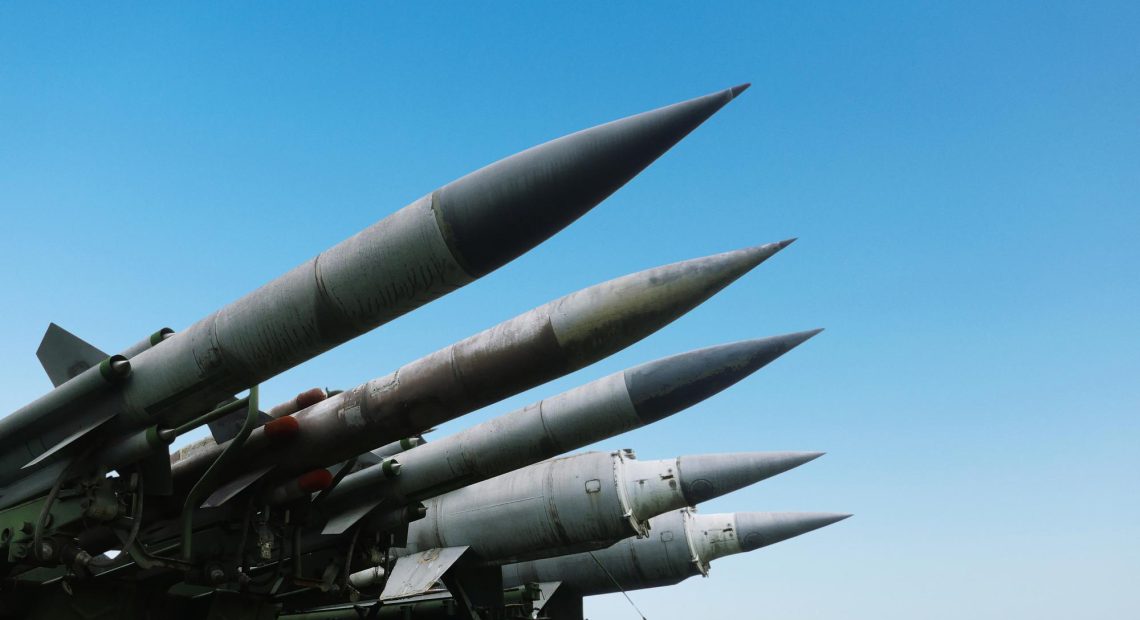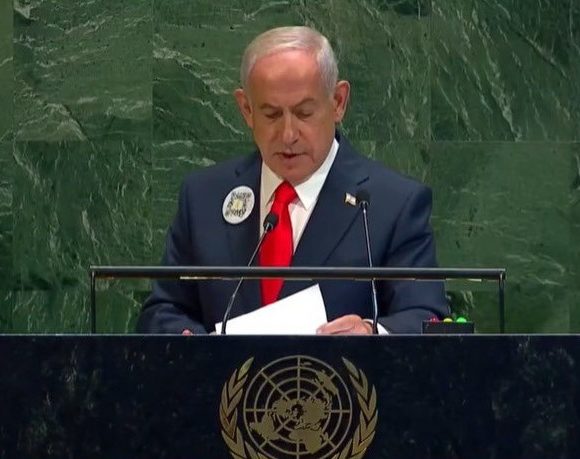
Israel Hits Iranian Missile Sites, Tehran Slams US
In a dramatic escalation, Israel has launched another wave of airstrikes targeting missile-related facilities deep inside Iran, marking one of the most provocative moves since hostilities flared between the two nations earlier this year. The strikes come amid ongoing regional instability and signal a new phase in the growing confrontation between Israel and Iran.
Israel Targets Missile Infrastructure
According to official sources, the latest Israeli assault focused on Iranian missile development and storage facilities in locations believed to be critical to Iran’s strategic weapons program. The move comes days after Israel’s earlier strikes, which targeted Iranian radar installations and drone manufacturing units. While the extent of damage from the fresh strikes is still being assessed, initial satellite and on-ground observations suggest substantial disruption to military infrastructure.
The Israeli government has not officially commented on the specifics of the operation, but defense officials have reiterated that they are prepared to neutralize any threats originating from Iran. The air raids are being seen as part of a sustained campaign to degrade Iran’s long-range strike capabilities.
Tehran Calls Out the United States
Reacting sharply, Tehran condemned the Israeli airstrikes and accused the United States of enabling Israeli aggression. A senior Iranian foreign ministry official stated that the latest developments “represent a betrayal to diplomacy by the United States,” arguing that Washington’s silence amounts to implicit approval of Tel Aviv’s military actions.
Iran has called for an emergency meeting of the UN Security Council, demanding accountability from Western nations that have so far failed to de-escalate the crisis. The Iranian leadership warned that continued attacks would lead to “consequences beyond control” and blamed the US for destabilizing the already fragile regional equilibrium.
Rising Global Concern
The renewed Israeli strikes have drawn international concern, especially as global powers try to prevent a full-scale conflict in the Middle East. While the US has refrained from directly endorsing the strikes, its longstanding alliance with Israel has fueled accusations of bias. Iran’s rhetoric has now hardened, with senior officials declaring that all diplomatic engagement with the US is effectively “dead.”
As the region teeters on the brink, observers fear that any further escalation could spiral into a broader confrontation, with ramifications for global oil supply, regional security alliances, and the broader non-proliferation architecture.


















